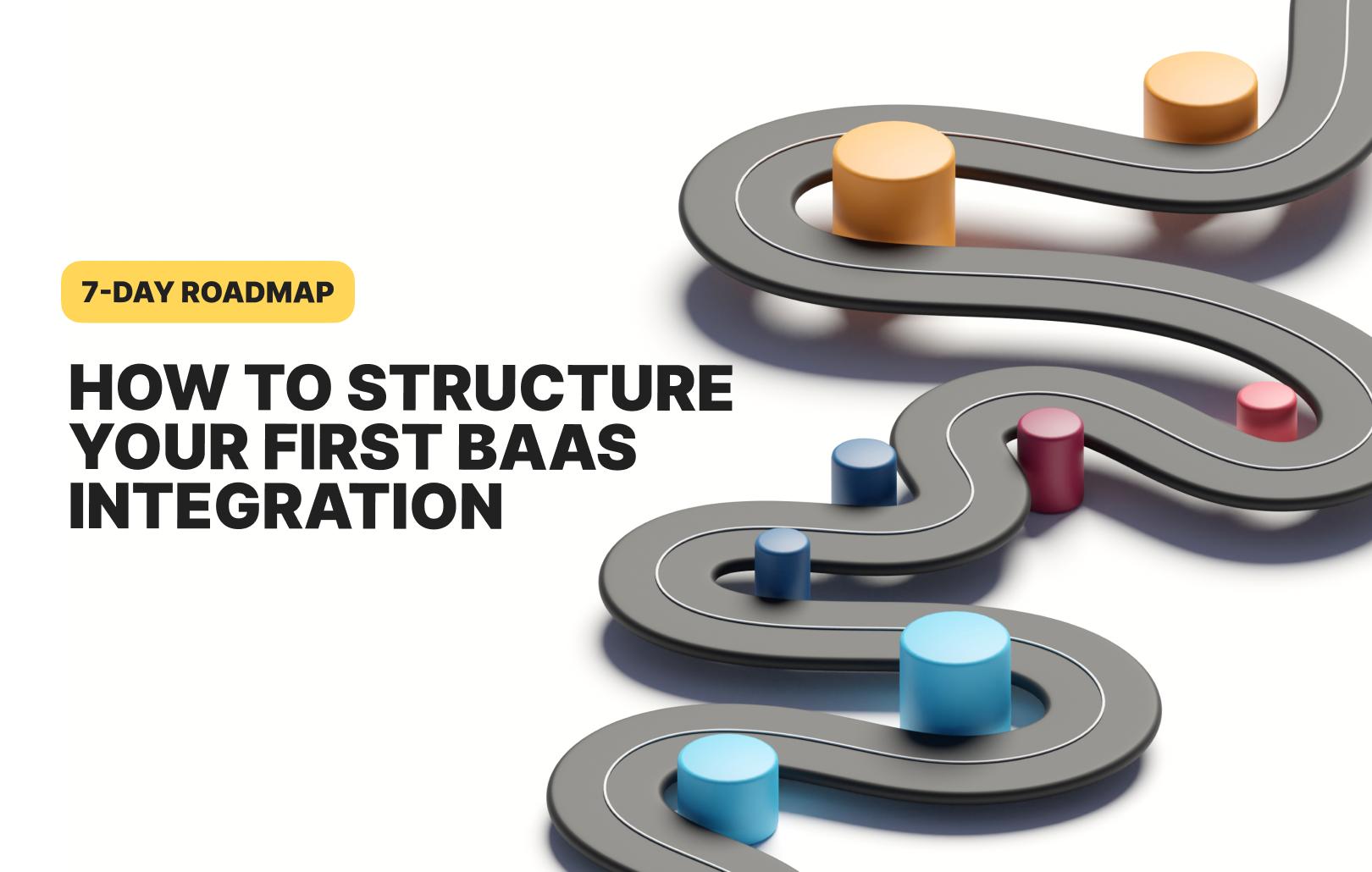The rise of vertical SaaS: Why industry-specific solutions are outpacing generic software

There is a saying: if you’re good at everything, you’re good at nothing. It would be wrong to translate it literally, speaking of horizontal business solutions—the ones designed to serve multiple industries. But there may be a grain of truth in the notion to a certain extent, and we’ll take a look at how industry-specific (or vertical) SaaS solutions serve unique needs of such niche sectors like healthcare, legal, tech, or construction, offering specialized features that generic software struggles to provide.
What is vertical SaaS?
As mentioned above, vertical SaaS essentially means cloud-based software designed for a specific industry. Unlike horizontal SaaS platforms that offer broad functionalities applicable to various industries (e.g., CRM tools like Salesforce), vertical SaaS solutions are built to address particular workflows, regulations, and challenges of one sector. Examples include electronic health record (EHR) software for healthcare, legal practice management platforms for law firms, and supply chain optimization tools for manufacturing.
Why certain businesses do better with vertical SaaS
1. Industry-specific features
To answer industry demands, horizontal SaaS solutions often require extensive customization. In contrast, vertical SaaS is already designed with an industry’s best practices in mind, offering specialized functionalities out of the box.
2. Compliance and security advantages
There is a number of industries that operate under strict regulatory frameworks (think healthcare, finance, etc.). Vertical SaaS solutions come with built-in compliance tools, ensuring that businesses meet legal and security requirements without additional modifications.
3. Better ROI and faster implementation
Businesses can implement vertical SaaS faster and with fewer customizations because, as stated before, those solutions come with pre-built industry-specific tools. As a result, it leads to cost savings and quicker returns on investment.
4. Focused customer support and industry expertise
Vertical SaaS providers cater to a specific industry; therefore, their support teams possess in-depth understanding of a specific area, allowing them to offer more relevant guidance and troubleshooting assistance.
SaaS by Satchel
Speaking of verticals, Satchel SaaS products focus specifically on financial companies that need a cloud-based platform to operate and scale. We provide the all-rounded solution for businesses, with all functional aspects of EMI (onboarding, accounts, cards, transaction monitoring, etc.), having full control over the security matters, allowing to minimize initial investment and skip the burden of doing the extra IT work.
Challenges solution providers face
Looking from another side of the table, despite vertical SaaS’ numerous advantages to users, there are some challenges that vertical SaaS solution providers have to tackle on their end:
- Scalability: Industry-specific solutions may have limited appeal and adaptability outside their niche, potentially restricting growth opportunities.
- Market size: The addressable market for a vertical SaaS product is naturally smaller compared to horizontal solutions.
- Competition from horizontal SaaS: Large horizontal SaaS providers may expand into industry-specific solutions, creating competition for vertical SaaS companies.
The future of vertical SaaS
As industries benefit more from tailored products than “all-singing, all-dancing” solutions, the market growth of vertical SaaS continues to look promising, with the vertical SaaS market projected to reach $720.44 billion by 2028. A survey conducted by Forrester Consulting that involved executives and IT leaders showed that already in 2022 as many as 89% of them considered vertical SaaS the preferred solution, and this belief apparently hasn’t changed to this day. With benefits like built-in compliance, specialized features, and faster implementation, vertical SaaS is positioned to outpace traditional horizontal SaaS in many sectors. As this trend continues, companies that embrace tailored SaaS solutions will gain a competitive edge in their respective industries.






